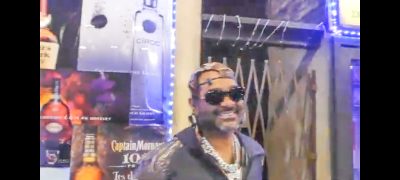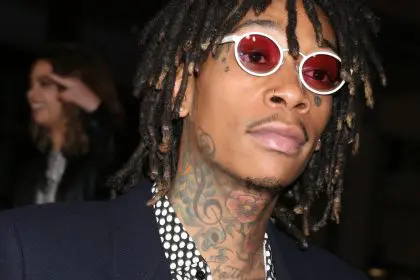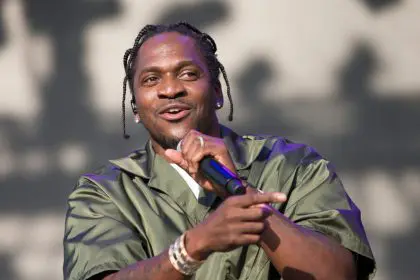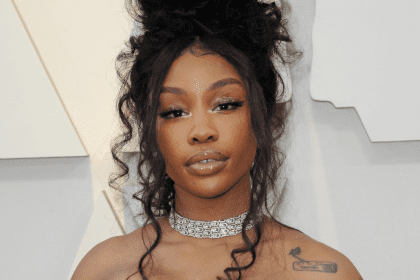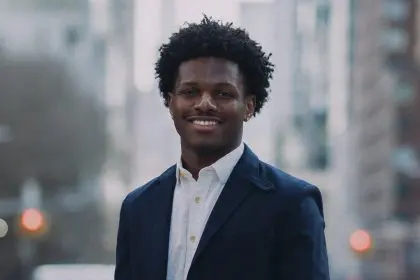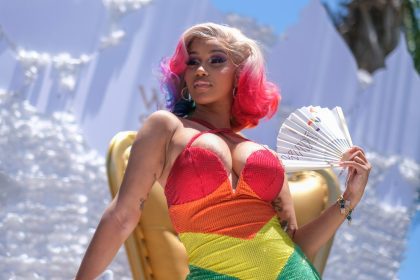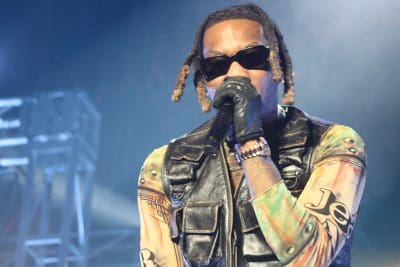Within the past few days, the nation heard bold statements from rap artists Kendrick Lamar and Common. However, one rapper has been vilified for his words while the other has, thus far, received praise.
On Jan. 9, Billboard magazine released its feature interview with Kendrick Lamar. In reference to the Michael Brown and Eric Garner situation, Kendrick Lamar said, “I wish somebody would look in our neighborhood knowing that it’s already a situation, mentally, where it’s f—-ed up. What happened to [Michael Brown] should’ve never happened. Never. But when we don’t have respect for ourselves, how do we expect them to respect us? It starts from within. Don’t start with just a rally, don’t start from looting — it starts from within.”
His statements were met with immediate disdain as some Twitter users and rappers Kid Cudi and Azaelia Banks blamed Kendrick Lamar for “talking down” to black people who live in poor communities.
On the other hand, Common’s speech at the Golden Globes has been viewed as epic and timely. With the nation watching on the powerful platform that is NBC, Common and John Legend accepted the award for their song “Glory” from the film Selma.
“The first day I stepped on the set of Selma I began to feel like this was bigger than a movie,” Common said. “As I got to know the people of the Civil Rights Movement, I realized I am the hopeful Black woman who was denied her right to vote. I am the caring White supporter killed on the front lines of freedom. I am the unarmed Black kid who maybe needed a hand, but instead was given a bullet. I am the two fallen police officers murdered in the line of duty. Selma has awakened my humanity.”
Common soon became a trending topic on Twitter and his words have been posted on Instgram as inspirational memes.
Although they both received two different reactions, Common and Kendrick Lamar are in the same boat. They are merely entertainers who are paid to rhyme words, but they are expected to be much more than artists.
Within the Black community, the chosen speaker has always had power and responsibility. In ancient kingdoms of Africa, the griots were the storytellers, poets and musicians who preserved the history of a culture and were also advisers and diplomats.
In America, Black preachers continued the legacy of griots by standing as powerful leaders who serve as spiritual and social guides for the community. Hip-hop, in a sense, is an extension of the thought-provoking speeches that were given by Black religious leaders such as Dr. Martin Luther King, Jr. and Malcolm X.
As a result, many who grew up listening to hip-hop view rap artists as de facto leaders of the Black community. Whether you agree with it or not, rap artists have a strong influence on youth culture.
There is a hope that every rap artists can be as critical of mainstream media like Chuck D; as political savvy as Killer Mike; or rise to the occasion like Common just did at the Golden Globes.
But that’s unfair and unrealistic.
Every person who picks up a microphone to rhyme will not be able to eloquently provide proper insight on life in the Black community. Even when rappers can express themselves intelligently on record, it still doesn’t always qualify them to explain real-life issues when the music stops. And they shouldn’t have to.
Rappers are entertainers who often have a knack for telling the interesting aspects of their experiences in life. So we shouldn’t get overexcited when a rapper says what we want to hear, and we shouldn’t lose our minds when a rapper does the exact opposite.


